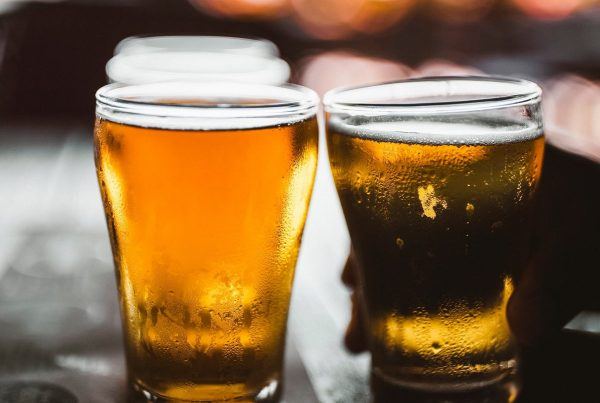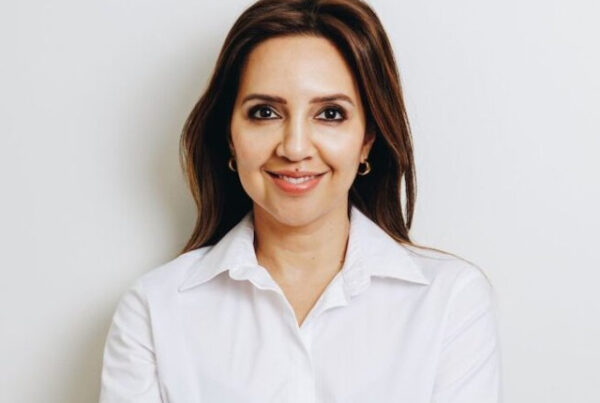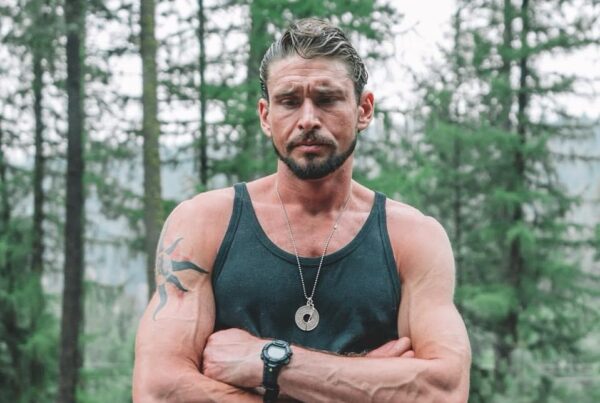This past weekend, Novak Djokovic broke history and cemented himself in the tennis record books after he claimed a record-tying 20th Grand Slam trophy. Djokovic shares the all-time men’s singles major titles record with Roger Federer and Rafael Nadal.
With such an amazing tennis legacy under his belt, one has to wonder how the Serbian keeps his body healthy and able to continue making sports history.
Novak Djokovic Health Tips
Say no to dairy, sugar and processed foods
Djokovic has been dealing with allergies since childhood. Speaking to Graham Bensinger, Djokovic revealed that in 2007, he had no choice but to change his diet because the persistent allergies not only left him frustrated, but they also affected his ability on the court.
“Emotions and expectations and pressure [are heightened on the court], and when you mix it all together you get a formula that is … you experience major health issues on the court. Because of it, I was retiring matches, and it took me a long time to recover.”
It wasn’t until he met Dr. Igor Cetojevic that Djokovic realized that he had to change his diet.
“Dr. Igor reached out to some friends we had in common, and they reached out to my parents and when I met him, I did a couple of sessions and I felt really a big difference. That was when I got used to … biofeedback. He had all this analysis and overview of my emotional body and physical body, and we started slowly taking off layer by layer and going into things related to my health, and of course, the diet was one of the most integral parts of it.”
The tests revealed that Djokovic’s allergies were also being triggered by gluten, dairy, and refined sugar and once he removed these foods from his diet, he immediately felt better.
He’s meat-free
Just over five years ago, Djokovic made the decision to stop eating red meat, especially because the food was slowing him down,
“Eating meat was hard on my digestion and that took a lot of essential energy that I need for my focus, for recovery, for the next training session, and for the next match,” Djokovic also added that he tries to stay clear of foods that can affect his digestion, especially in the morning when he needs all of his energy for training.
He starts his day with a glass of water
It’s important to have a morning routine, and Djokovic makes sure to stay hydrated during his. Writing in his book, Serve to Win, the tennis champion reveals that he starts his day off with a tall glass of room-temperature water.
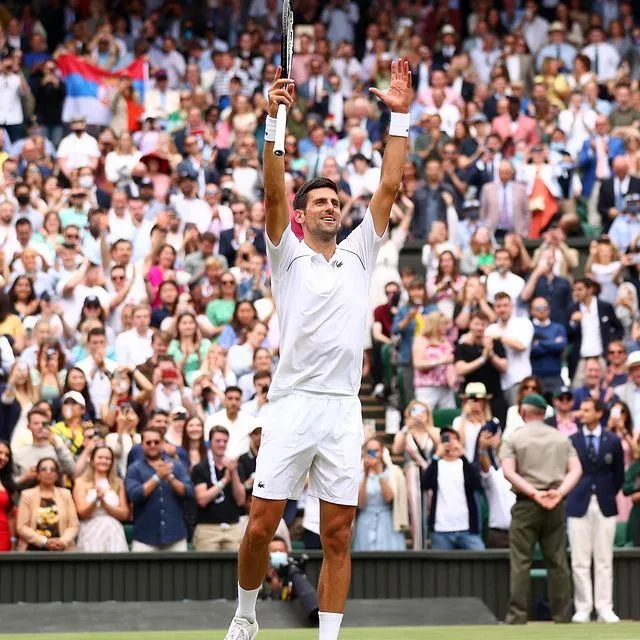
djokernole/instagram
“I’ve just gone eight hours without drinking anything, and my body needs hydration to start functioning at its peak. Water is a critical part of the body’s repair process.” he writes, “But I avoid ice water, for a reason. When you drink ice water, the body needs to send additional blood to the digestive system in order to heat the water to 98.6 degrees. There’s some benefit to this process—heating the cold water burns a few additional calories. But it also slows digestion and diverts blood away from where I want it—in my muscles.”
Life is sweeter with honey
Honey is a great (and sweet) way to boost your health, so it’s no wonder that Djokovic includes it in his morning routine, making sure to enjoy two spoonfuls of honey, every day.
“I try to get manuka honey, which comes from New Zealand. It is a dark honey made by bees that feed on the manuka tree (or tea tree), and has been shown to have even greater antibacterial properties than regular honey.” he writes,
‘I know what you’re thinking: Honey is sugar. Well, yes, it is. But your body needs sugar. In particular, it needs fructose, the sugar found in fruits, some vegetables, and especially honey.”
Djokovic adds that while your body may need sugar, what it doesn’t need is processed sucrose, usually found in chocolate, soda, or most energy drinks writing,
“It gives you an instant sugar shot in the body, where you feel like ‘Wow!’ I don’t like ‘wow.’ ‘Wow’ is no good. If you have ‘wow’ now, that means in thirty minutes you’re going to have ‘wow’.”
He practices tai ci
Tai Ci is an ancient Chinese form of mediation that helps to physically and emotionally enhance the body.
In addition to the time he spends on the court, Djokovic spends the first 20 minutes of his day doing yoga or tai chi, after which he eats breakfast.
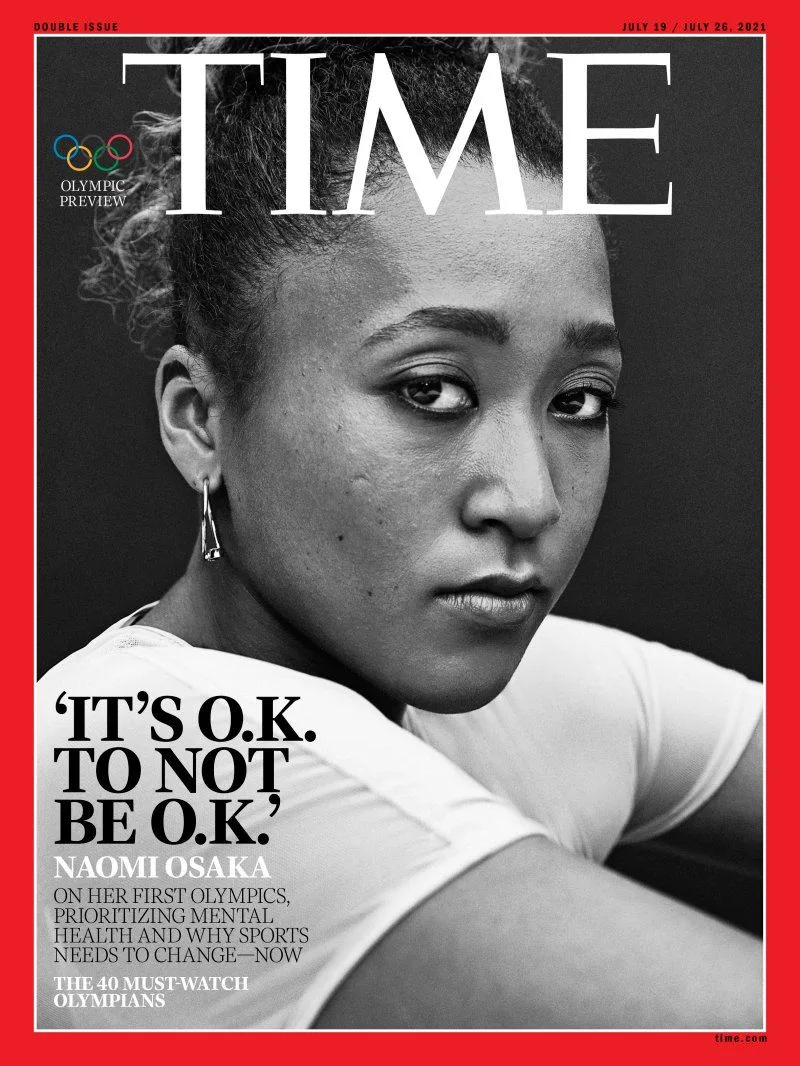
Photograph by Williams & Hirakawa—AUGUST
Want to know more?
Earlier this year, Naomi Osaka revealed that she would not be participating in mandatory media commitments to preserve her mental well-being. Now, in a personal essay for TIME, the 23-year-old talks about how she’s taking control of her mental health.


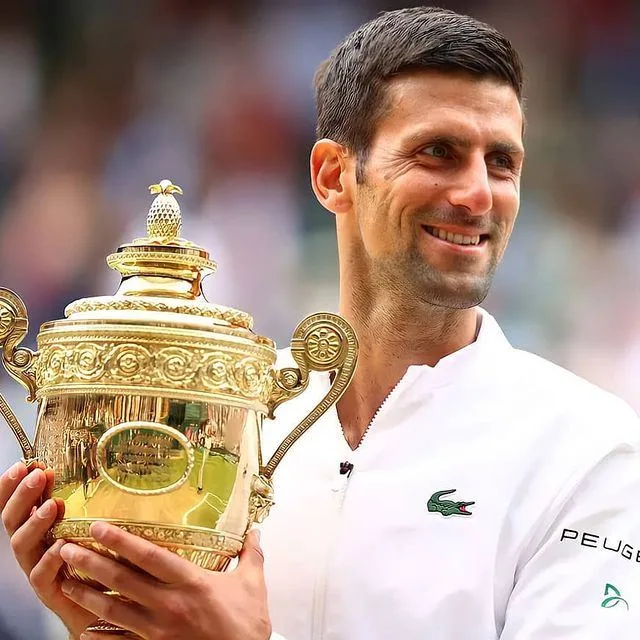
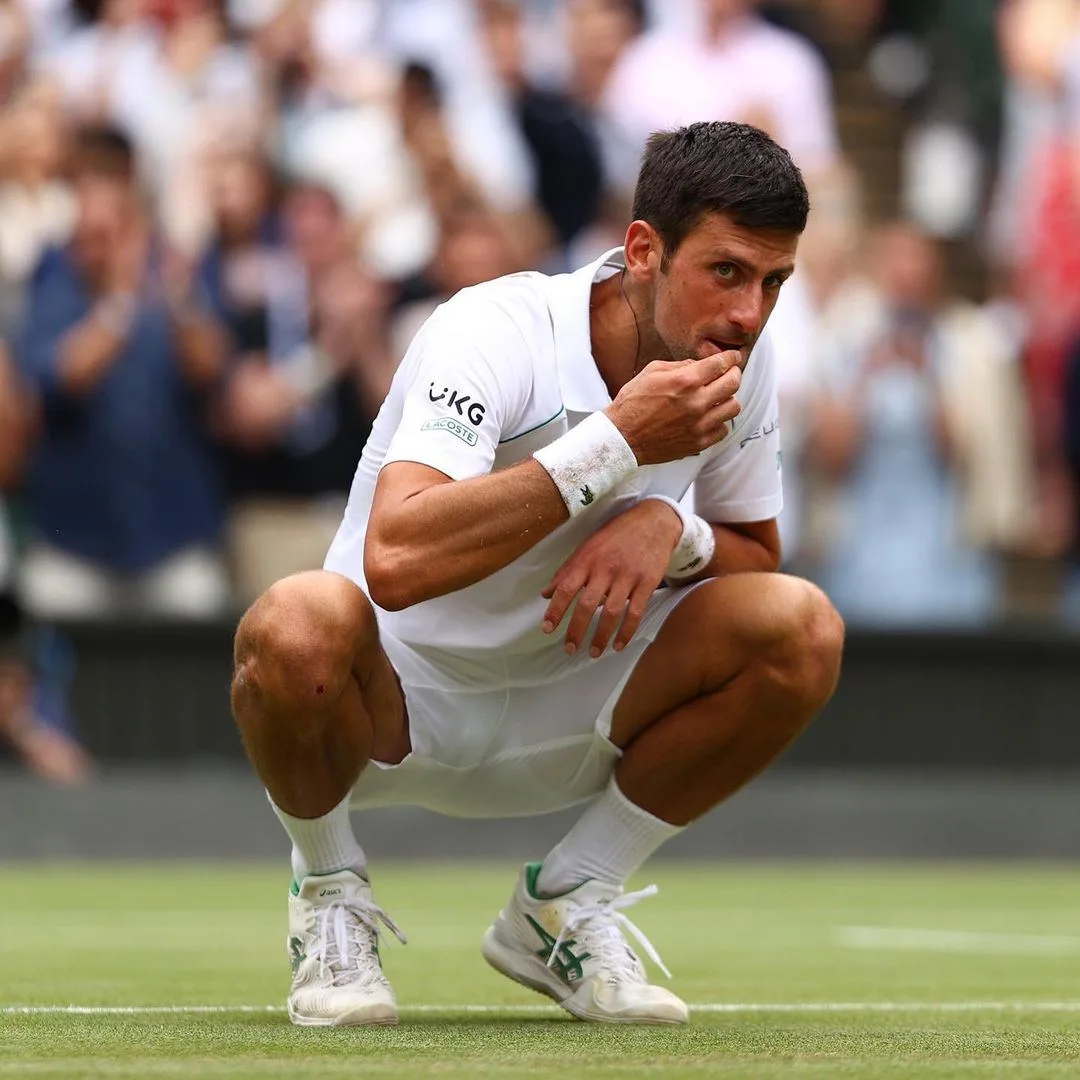
![women [longevity live]](https://longevitylive.com/wp-content/uploads/2020/01/photo-of-women-walking-down-the-street-1116984-100x100.jpg)





